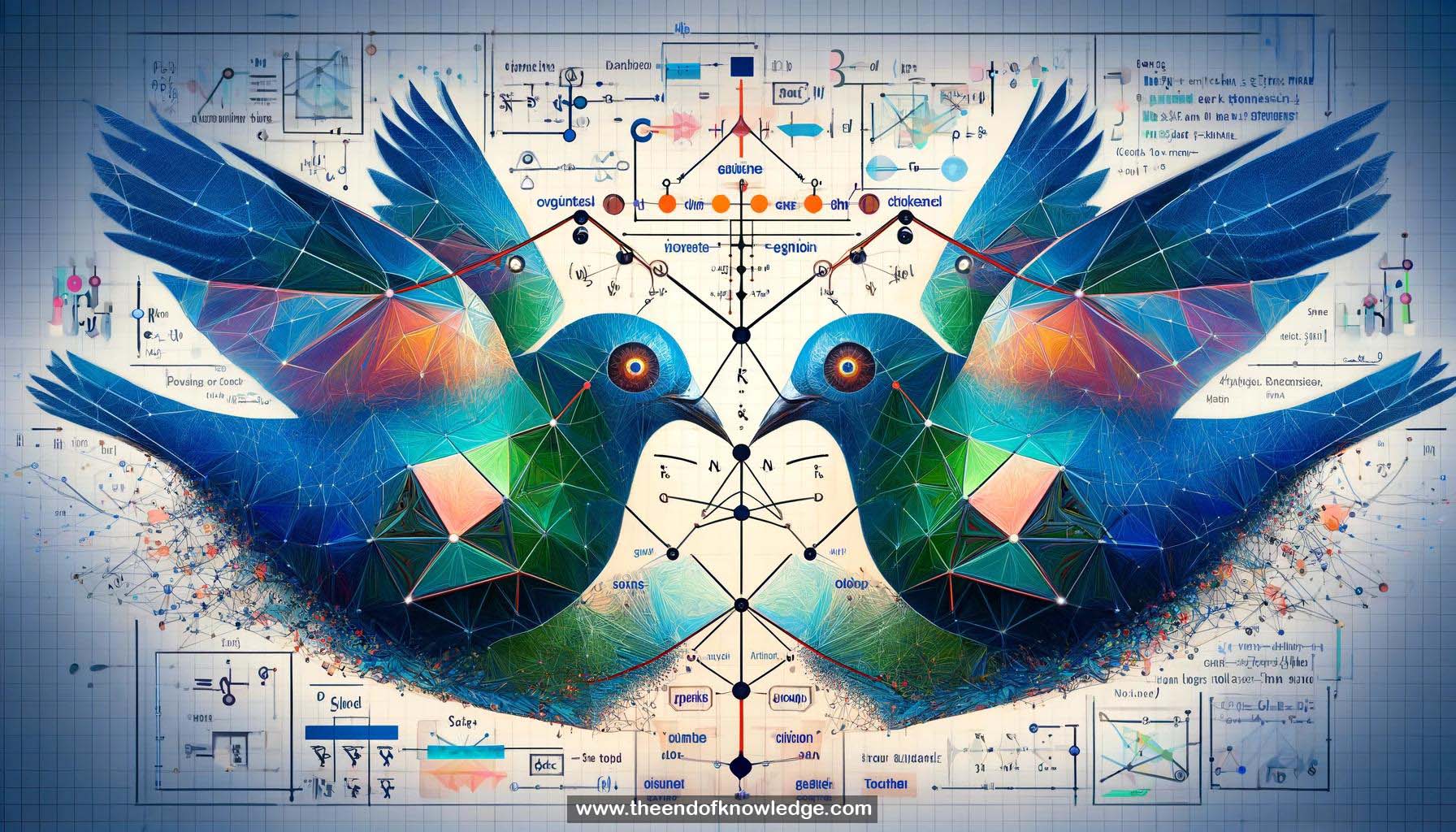Concept Graph & Resume using Claude 3 Opus | Chat GPT4o | Llama 3:
graph LR
classDef graph_matching fill:#f9d4d4, font-weight:bold, font-size:14px
classDef applications fill:#d4f9d4, font-weight:bold, font-size:14px
classDef affinity_matrix fill:#d4d4f9, font-weight:bold, font-size:14px
classDef deep_learning fill:#f9f9d4, font-weight:bold, font-size:14px
classDef challenges fill:#f9d4f9, font-weight:bold, font-size:14px
A[Deep Learning of
Graph Matching] --> B[Graph matching:
node correspondences. 1]
A --> C[Applications: geometric
and semantic. 2]
C --> D[Geometric matching:
same object,
different views.]
C --> E[Semantic matching:
different objects,
same category.]
A --> F[Affinity matrix: encodes
node similarities. 3]
F --> G[Node similarities:
affinity matrix
encodes.]
F --> H[Edge similarities:
affinity matrix
encodes.]
A --> I[Relaxation: drops
constraints. 4]
I --> J[Solution: leading
eigenvector.]
A --> K[Deep learning:
deep features. 5]
K --> L[Represents matrix
using features.]
K --> M[Trains model
to predict truth.]
A --> N[Challenges: gradients
and solver. 6]
N --> O[Propagating gradients
through layers.]
N --> P[Graph matching
solver.]
A --> Q[Matrix backpropagation:
computes gradients. 7]
Q --> R[Through matrix
functions.]
A --> S[Factorization: reduces
complexity. 8]
S --> T[Matrix operation
complexity reduced.]
A --> U[Bi-stochastic layer:
mapping constraints. 9]
U --> V[One-to-one
mapping.]
A --> W[Loss function:
measures deviation. 10]
W --> X[Deviation from
ground truth.]
A --> Y[Results: competitive
performance. 11]
Y --> Z[Sintel: geometric
dataset.]
Y --> AA[PascalVOC/CUB:
semantic datasets.]
A --> AB[Potential applications:
deep feature problems. 12]
AB --> AC[Deep feature
hierarchies.]
AB --> AD[Graph models:
text corpora,
social networks.]
class A,B graph_matching
class C,D,E applications
class F,G,H affinity_matrix
class I,J challenges
class K,L,M deep_learning
class N,O,P challenges
class Q,R affinity_matrix
class S,T challenges
class U,V challenges
class W,X challenges
class Y,Z,AA results
class AB,AC,AD potential_applications
Resume:
1.- Graph matching: computing correspondences between nodes in two graphs under structural constraints.
2.- Applications: geometric matching (same object, different viewpoints) and semantic matching (different objects, same category).
3.- Affinity matrix: encodes node and edge similarities between graphs; used to find correspondences.
4.- Relaxation: drops binary and one-to-one constraints; solution is leading eigenvector of affinity matrix.
5.- Deep learning framework: represents affinity matrix using deep features; trains model to predict ground truth correspondences.
6.- Challenges: propagating gradients through matrix functional layers and graph matching solver.
7.- Matrix backpropagation: enables gradient computation through matrix functions in affinity matrix factorization.
8.- Factorization: reduces computational complexity of matrix operations from quartic to cubic/quadratic.
9.- Bi-stochastic operation layer: enforces one-to-one mapping constraints in final assignment matrix.
10.- Loss function: measures deviation between predicted and ground truth correspondences for training.
11.- Results: competitive performance on Sintel (geometric) and PascalVOC/CUB (semantic) datasets.
12.- Potential applications: problems involving deep feature hierarchies and graph models (e.g. text corpora, social networks).
Knowledge Vault built byDavid Vivancos 2024
 >
>